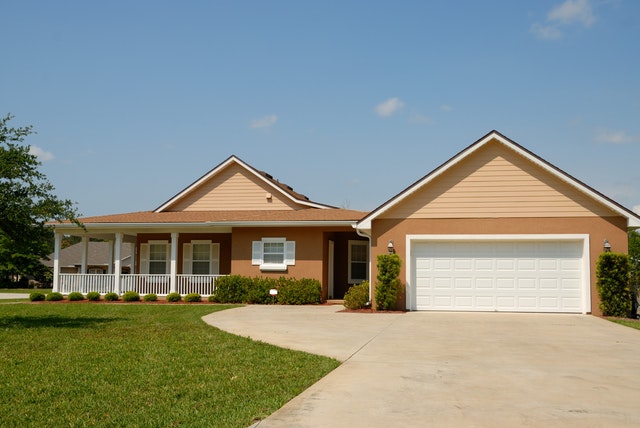When it’s time to choose a material for your driveway, two primary contenders come to mind: concrete and asphalt. Both have their merits, but concrete driveways offer distinct advantages that often make them the better choice for homeowners seeking durability, aesthetic appeal, and long-term value. If you’re contemplating which material to choose, here’s why a concrete driveway might be the right option for your home.
Durability That Stands the Test of Time
One of the most significant advantages of concrete driveways is their exceptional longevity. A well-constructed and properly maintained concrete driveway can last 30 years or more, far surpassing the average lifespan of asphalt, which typically ranges from 15 to 20 years.
Concrete’s durability makes it especially suitable for:
- Heavy Loads: Concrete can withstand the weight of larger vehicles without deforming or developing ruts, unlike asphalt.
- Extreme Weather: While asphalt tends to soften in hot weather and crack in freezing temperatures, concrete is more stable across a wide range of climates.
Low Maintenance Requirements
Concrete driveways require minimal upkeep compared to asphalt. While asphalt driveways need regular sealing to maintain their integrity and appearance, concrete surfaces typically only need occasional cleaning and resealing every few years. This reduced maintenance can save both time and money in the long run.
Additionally, concrete’s lighter color makes it less prone to showing oil stains and other blemishes, helping it retain its clean, polished look over time.
Aesthetic Versatility
Concrete driveways offer unmatched design flexibility. They can be customized with a variety of finishes, patterns, and colors to complement the style of your home. Some popular options include:
- Stamped Concrete: Mimics the appearance of stone, brick, or tile for a high-end look.
- Exposed Aggregate: Adds texture and visual interest by revealing the stones within the concrete.
- Colored Concrete: Provides a range of hues to match your home’s exterior.
In contrast, asphalt driveways are typically limited to a plain black finish, which may not suit every homeowner’s aesthetic preferences.
Energy Efficiency and Comfort
Concrete driveways reflect sunlight rather than absorbing it, making them cooler to the touch on hot summer days. This property not only contributes to a more comfortable outdoor environment but also helps reduce the urban heat island effect, which is particularly important in densely populated areas.
Asphalt, on the other hand, absorbs and retains heat, making it significantly hotter and less comfortable to walk on during warm weather.
Environmentally Friendly Option
Concrete driveways are often considered more environmentally friendly than asphalt alternatives. Concrete is made primarily from abundant natural materials, such as limestone and water, whereas asphalt relies on petroleum, a non-renewable resource.
Additionally, the durability and low maintenance of concrete result in fewer repairs and replacements over time, reducing the overall environmental impact of the driveway.
Long-Term Value
While the initial cost of a concrete driveway is higher than that of asphalt, its longer lifespan and lower maintenance costs make it a more economical choice in the long run. Investing in concrete means fewer repairs and replacements, ultimately providing better value for your money.
Moreover, the aesthetic appeal and durability of concrete can enhance your home’s curb appeal and potentially increase its resale value.
When to Choose Asphalt Instead
To be fair, asphalt does have its advantages in certain situations. It’s a more affordable upfront option and is quicker to install. Additionally, in colder climates, its pliability allows it to handle freeze-thaw cycles better in the short term. However, these benefits often come at the cost of more frequent maintenance and a shorter lifespan.
Conclusion
Choosing the right material for your driveway is a decision that can impact your home’s functionality, appearance, and value for decades. Concrete driveways excel in durability, aesthetics, and long-term cost-effectiveness, making them an ideal choice for homeowners seeking a low-maintenance and visually appealing solution.
While asphalt may suit certain needs, the enduring benefits of concrete often outweigh its initial cost, proving that a solid investment today can lead to years of satisfaction down the road. If you’re looking for a driveway that combines strength, style, and sustainability, concrete is hard to beat.


